
Search Results "MGCMB25-500-R"

The MGC guide cylinder is ideal for material handling applications involving stopping, lifting, and pushing. It combines the functions of a conventional linear cylinder, and a non-rotation device. Features include standard air cushions, grease nipple, and switch capability. Other features include, slide or ball bushing bearings, compact design, adjustable air cushion, and lightweight guided
The MGCM integrates a round body cylinder for its power source with external guide rods to isolate the load bearing from the movement of the actuator's rod and seals for a compact and light weight unit. The carbon steel alloy slide bearing provides lateral stability protecting it from side load impacts. It is designed with air cushions at the end of stroke for maximum kinetic energy absorption
Configure Options...
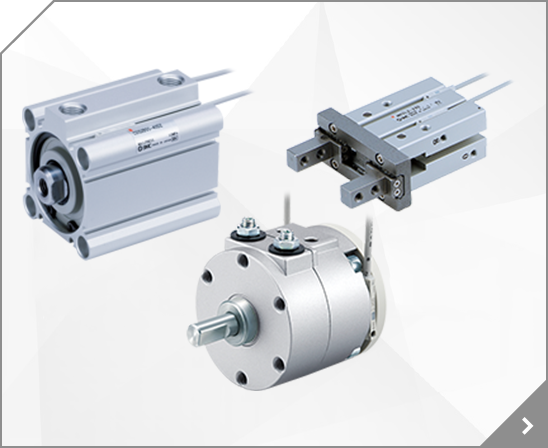
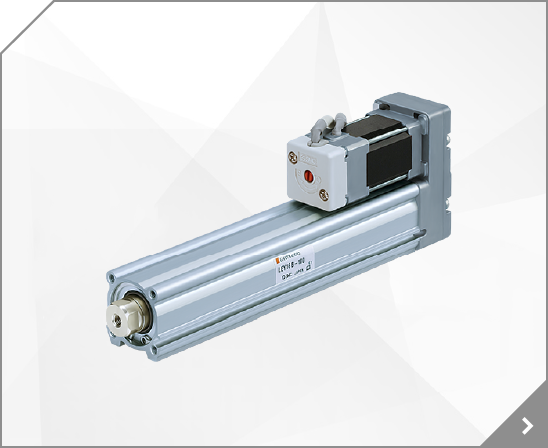
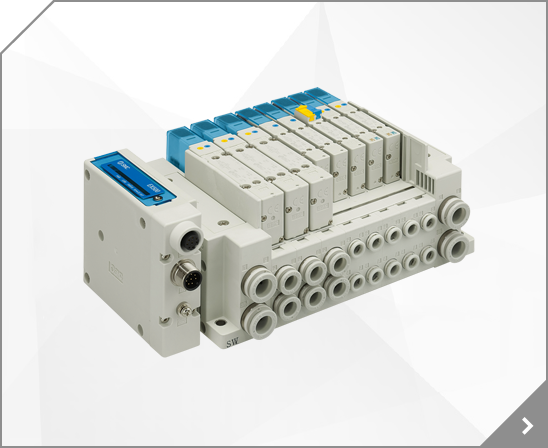
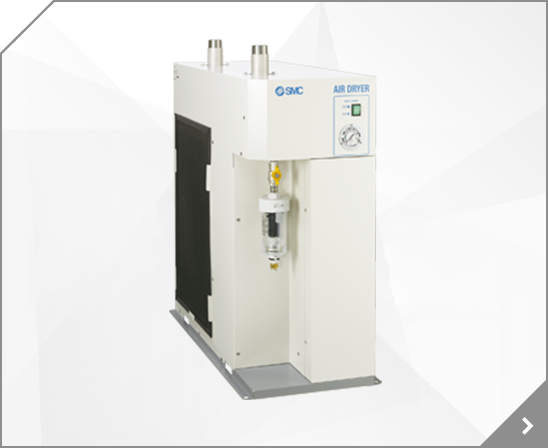
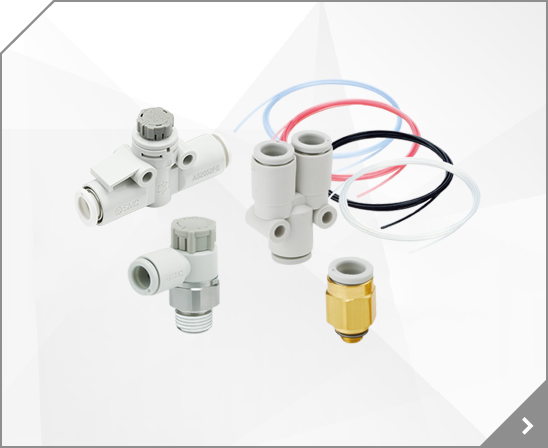
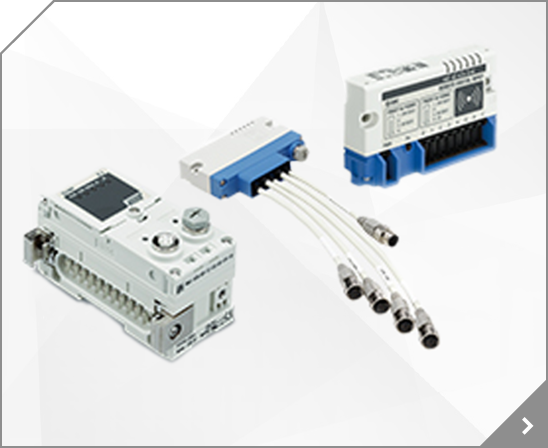
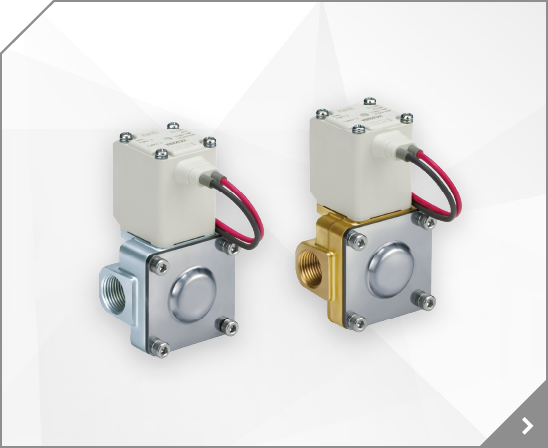
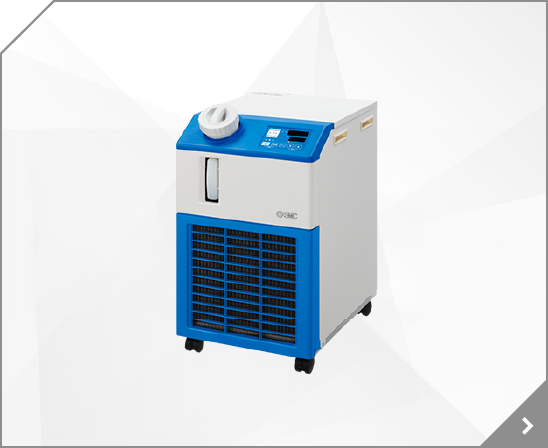
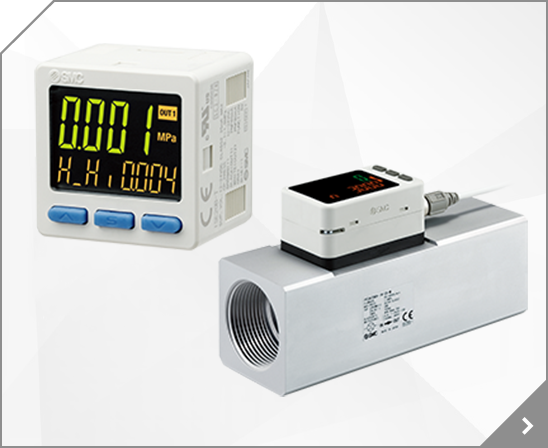
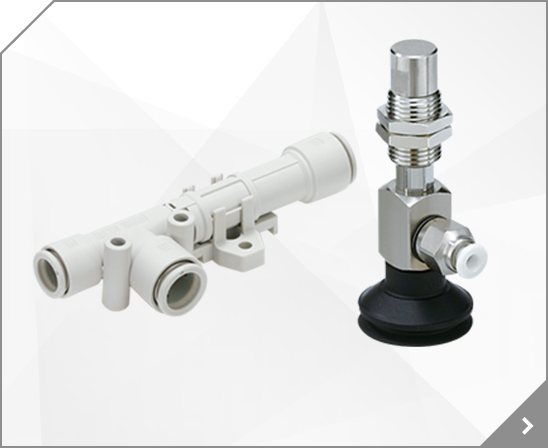

 How To Order: Guide Cylinder/Compact Type ø 20, ø 25, ø 32, ø 40, ø 50 Series MGC
How To Order: Guide Cylinder/Compact Type ø 20, ø 25, ø 32, ø 40, ø 50 Series MGC